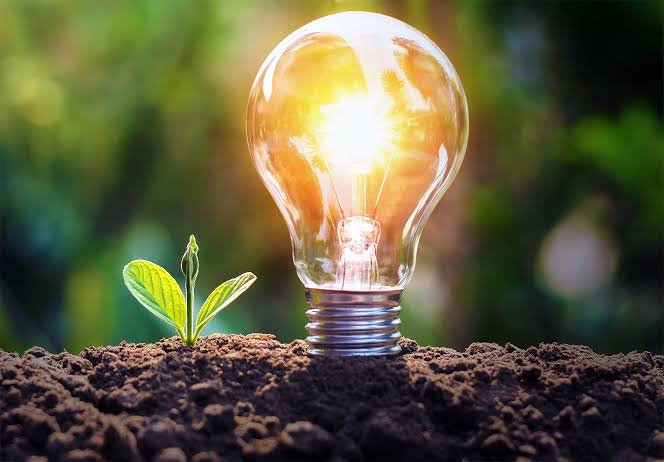In a groundbreaking advancement, scientists have developed an innovative solution for hydroponic cultivation by creating electrically conductive soil, known as eSoil. This development holds the promise of revolutionizing the efficiency and speed of plant growth, particularly exemplified by a remarkable projected 50% increase in the growth of barley seedlings within a mere 15 days.
Hydroponics, a method of growing plants without traditional soil, relies on a carefully controlled mix of water, nutrients, and a substrate to foster plant root development. The introduction of eSoil takes this concept to new heights by incorporating electrical conductivity. This novel soil stimulates plant roots with minimal energy consumption, unlocking a pathway to accelerated and more resource-efficient seedling growth.
The application of electricity in eSoil offers a tailored and controlled approach to influencing plant development. By delivering specific stimuli to plant roots, the electrically conductive soil enhances nutrient uptake and promotes robust growth. The low energy consumption further aligns with sustainable practices, making this method environmentally friendly.
The implications of eSoil extend beyond traditional agricultural settings, presenting a promising solution for urban environments grappling with limited arable land and challenging growing conditions. Urban agriculture, often hindered by space constraints, can benefit immensely from the compact and efficient nature of hydroponics augmented by eSoil.
The creation of eSoil marks a significant stride in the realm of hydroponics, offering a potent tool for enhancing plant growth and resource efficiency. With its potential to reshape agricultural practices, particularly in urban landscapes, eSoil stands as a beacon of innovation, addressing challenges associated with traditional farming methods and paving the way for a more sustainable and productive future.


